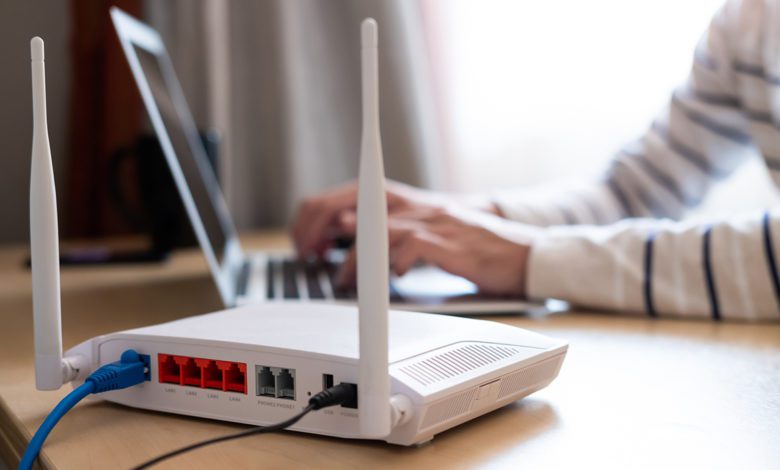
Meeting the broadband needs of small business is essential, given the important role that small businesses plays in creating jobs and promoting economic opportunity that underpins the health of our economy. The social and business disruptions associated with the COVID-19 pandemic forced more small businesses to conduct their business online, and made broadband a critical tool for their economic survival.
According to the Federal Communications Commission (FCC), 96% of the U.S. population has access to broadband, defined as an “always on” internet connection operating at or above the FCC’s benchmark for minimum speed, which was set in 2015 at 25 megabits per second (Mbps) for downloads and 3 Mbps for uploads.
In its 2021 Broadband Deployment report, the FCC concluded that the 2015 broadband speed benchmark continues to meet the current requirements for reasonable and timely deployment of broadband services to all Americans. However, FCC representatives acknowledged that changing small business requirements had not been taken into consideration when making that determination.
In a recently released report, Congress’s Government Accountability Office (GAO) concluded that FCC’s estimate of effective access may be overstated, especially with regard to rural areas, and that there are questions whether current broadband services are fast enough to meet the evolving needs of small business owners in particular. GAO’s report was prompted by provisions of the John S. McCain National Defense Authorization Act for Fiscal Year 2019, requesting that GAO examine broadband services for small businesses.
The GAO findings referenced two recent surveys by the National Federation of Independent Business and Google, which reported that around 8 percent or about two to three million U.S. small businesses lack access to broadband. GAO’s literature review also suggested that the minimum benchmark speeds — 25 megabits per second (Mbps) for downloading and 3 Mbps for uploading — are too slow to meet many small business speed needs. As small business reliance on broadband advances from basic needs (email and a website) toward more advanced business uses (Internet-based video, e-commerce capabilities, enhanced social media marketing, mobile apps, business data analysis, and advanced online marketing and advertising tools), the need for faster broadband speed increases.
There are various estimates of what enhanced minimum broadband speeds are needed by small business. GAO cited a 2017 National Telecommunication and Information Administration’s BroadbandUSA program fact sheet stating that small businesses need a minimum of 50 Mbps speeds to conduct tasks, such as electronically managing inventory, operating point-of-sale terminals, and coordinating shipping. A 2019 U.S. Dept. of Agriculture report on rural broadband usage in the agricultural sector also suggested that as technology advances and the volumes of data needed to manage agriculture production grows, speeds in excess of 25/3 Mbps with more equal download and upload speeds will likely be necessary.
In response to these findings, the GAO has recommended that the FCC solicit input from stakeholders, and conduct analysis of small businesses broadband speed needs, and incorporate the results of this analysis into its determination of the benchmark for broadband.
To read more about GAO’s small business and broadband findings, go to: https://www.gao.gov/assets/gao-21-494.pdf






